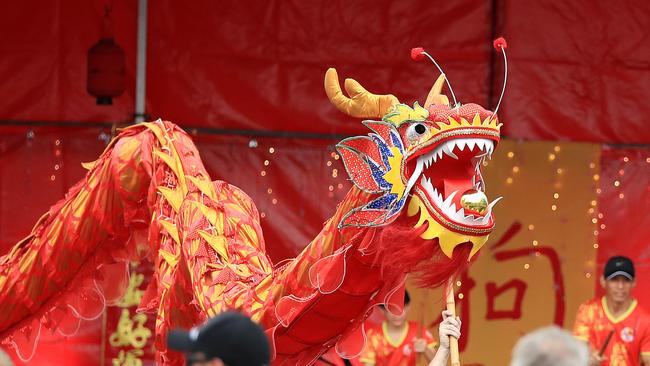
The conventional explanation is that those inflationary curbs will come via a deep recession. But this week a scary new possible explanation crossed my desk – China is about to restart exporting deflation to the US via its access to cheap Russian oil and gas plus Mongolian coal.
And, in the process, China will wipe out large segments of the recovering US manufacturing industry.
And Australia will be a co-target, especially given the upward pressure on our wage rates and our high energy costs.
Australian energy costs have been sent through the roof by the European gas and oil crisis and the deliberate manipulation by the Victorian government to mothball development of its huge low-cost gas reserves that do not require fracking and can be made carbon neutral.
The Russians, blocked from the European market, are selling oil and gas at cheap prices to China who then converts that energy into low-cost manufactured products for export to the US, Australia and elsewhere.
As I wrote last month Russian President Vladimir Putin has become optimistic that he can win an elongated Ukraine struggle by destroying Europe via economic and migration pressure and strategically out-thinking the US.
This new Russia-China manoeuvre is part of that strategic fabric.
I express my gratitude to the publisher of MacroBusiness David Llewellyn-Smith and Singapore Fund manager Alex Turnbull for alerting me to the latest twist in the Russia-China strategic plan.
The seeds for the plan were actually planted at the Beijing Olympics.
Russian President Vladimir Putin met Chinese President Xi Jinping met on February 4 and a gas supply agreement was signed.
Then two days later at the Great Hall of the People, President Xi met with Mongolian Prime Minister Luvsannamsrai Oyun-Erdene to sign a deal to complete by the end of 2022 a modern rail link from Mongolia to China.
Russia invaded Ukraine on February 24.
Fast forward to July and China finds itself in a unique position.
Its economy has slowed so it has spare capacity in many areas.
There is now substantial capacity in world shipping routes and the price of containers has declined to around pre-Covid levels.
China has clear spare capacity in oil refining plus metal and petrochemical products.
In the Covid crisis both the US in Australia came to understand how dangerous it is too rely too much on China.
Both countries, but particularly the US, have been working to increase their manufacturing capacity.
From the Chinese viewpoint, a very attractive situation is unfolding.
China can be militarily disengaged from the Ukraine war while trading with everyone.
China is clearly buying Russian exports like oil and gas at much lower prices than local US and Australian enterprises.
And the Mongolian deal is a winner for China.
China now is buying more coal from Mongolia and its coking and thermal prices have dropped to levels last seen prior to the Ukraine invasion and will fall further as the rail line improves.
In addition, it is trying to better manage its iron ore buying to push down prices.
China steel futures are tracking costs lower and North American European prices are following.
Low-cost steel gives Chinese-made car and other steel-based products a huge advantage which they will use to retake market share with lower prices.
China has a liquid futures market for key plastic resins that make up much of global plastics production which can be compared to international prices.
Not surprisingly, China prices are collapsing, while US prices are up, but not as far as Europe.
China can import low price gas and crude from Russia, while the US uses local gas and crude and Europe pays obscene prices for whatever Russian gas it can still get.
In Australia, we savage parts of our newly remerging manufacturing by making them match world gas prices and allow one state government (Victoria) to withhold from the market its low-cost gas so it can attract the votes of Greens and Teals.
Much of the local media turns a blind eye not only to the antics of our politicians, but the looming industry destruction.
China now takes us seriously in defence, but it regards Australian industrial policy and the antics of states like Victoria a global joke.
Even with all its excesses, China would not spend $42m on a committee to declare there was no gas, after instructing the committee not to look where the government knew there was gas in abundance.
The Purchasing Managers’ Index (PMI) is a reliable indicator of business conditions and in Australia – along with metal products output – is, not surprisingly, collapsing.
Alex Turnbull says Australian metals processing is about to be wiped off the face of the earth as it is supplanted by Chinese output.




As Australia braces for higher interest rates, in the last three weeks US bond interest rates have been in free fall as traders prepare for possible curbs in the US inflationary spiral.